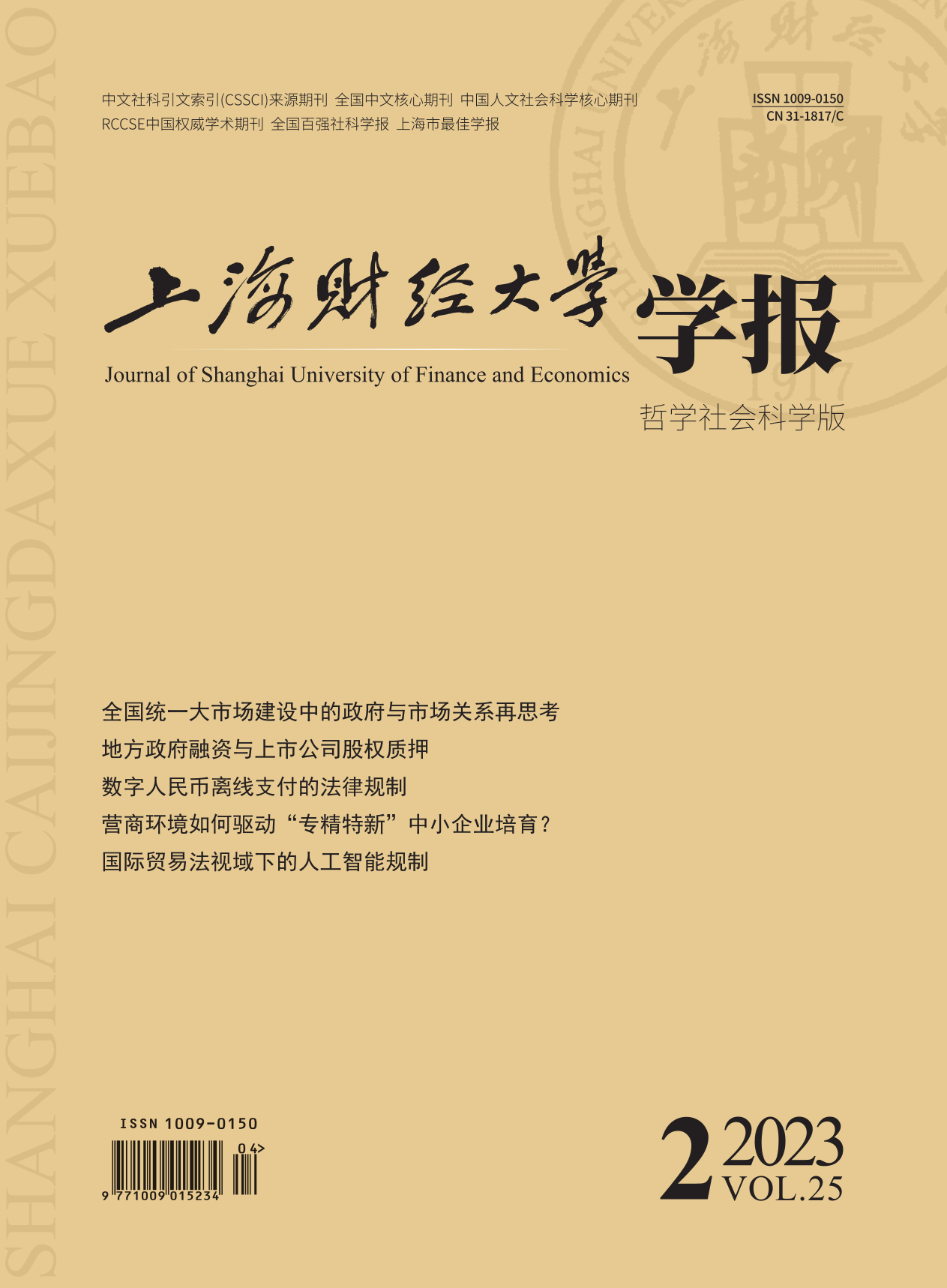The impact of corporate digital transformation on corporate governance has been paid more and more attention in the academic field. Taking A-share listed companies in China from 2014 to 2020 as the research object, this paper empirically analyzes the relationship between corporate digital transformation, minority shareholders’ participation in governance and executive corruption from the perspective of minority shareholders’ participation in governance. The findings are as follows: First, corporate digital transformation can effectively restrain executive corruption, which can be understood as follows: The degree of information asymmetry between enterprises and investors actively undergoing digital transformation is reduced, the quality of information disclosure is higher, and finally executive corruption is restrained. Second, the degree of corporate digital transformation promotes the participation of minority shareholders in governance (voting with hands and voting with feet). The main reason is that enterprises can effectively improve the enthusiasm of minority shareholders in governance by improving information transparency and reducing the cost of minority shareholders’ participation in governance. Third, the participation of minority shareholders in governance plays a significant intermediary effect between corporate digital transformation and executive corruption. Corporate digital transformation can promote the active participation of minority shareholders in governance, and minority shareholders can restrain executive corruption by reasonably exercising their voting rights (voting with their hands) and selling stocks (voting with their feet) on the Internet. Further research shows that: First, the degree of corruption in the region where enterprises are located plays a significant role in regulating corporate digital transformation and the explicit corruption of executives. Regional corruption can not only distort the resource allocation of enterprises, restrict their digital transformation, but also reduce their investment in human resources, and further encourage executives to seek personal gains by rent-seeking means. Second, the popularity of regional Internet can also play a significant role in regulating corporate digital transformation and the explicit corruption of executives. The improvement of Internet popularity can reduce the information asymmetry between enterprises and investors, reduce the cost of investors’ participation in governance, and then effectively reduce the opportunistic behavior of executives. This paper verifies the inhibition of corporate digital transformation on executive corruption, and reveals the black box of the impact of corporate digital transformation on executive corruption, which helps to understand the mechanism of corporate digital transformation on executive corruption, and provides beneficial exploration and important support for research in this field from the perspective of minority shareholders’ participation in governance.
 / Journals / Journal of Shanghai University of Finance and Economics
/ Journals / Journal of Shanghai University of Finance and EconomicsJournal of Shanghai University of Finance and Economics
LiuYuanchun, Editor-in-Chief
ZhengChunrong, Vice Executive Editor-in-Chief
GuoChanglin YanJinqiang WangWenbin WuWenfang, Vice Editor-in-Chief
Can Corporate Digital Transformation Curb Executive Corruption? From the Perspective of Minority Shareholders’ Participation in Governance
Journal of Shanghai University of Finance and Economics Vol. 25, Issue 02, pp. 64 - 77 (2023) DOI:10.16538/j.cnki.jsufe.2023.02.005
Summary
References
Summary
Cite this article
Shao Jianbing, Wang Luye. Can Corporate Digital Transformation Curb Executive Corruption? From the Perspective of Minority Shareholders’ Participation in Governance[J]. Journal of Shanghai University of Finance and Economics, 2023, 25(2): 64-77.
Export Citations as:
For
ISSUE COVER
RELATED ARTICLES




 6226
6226  5522
5522

